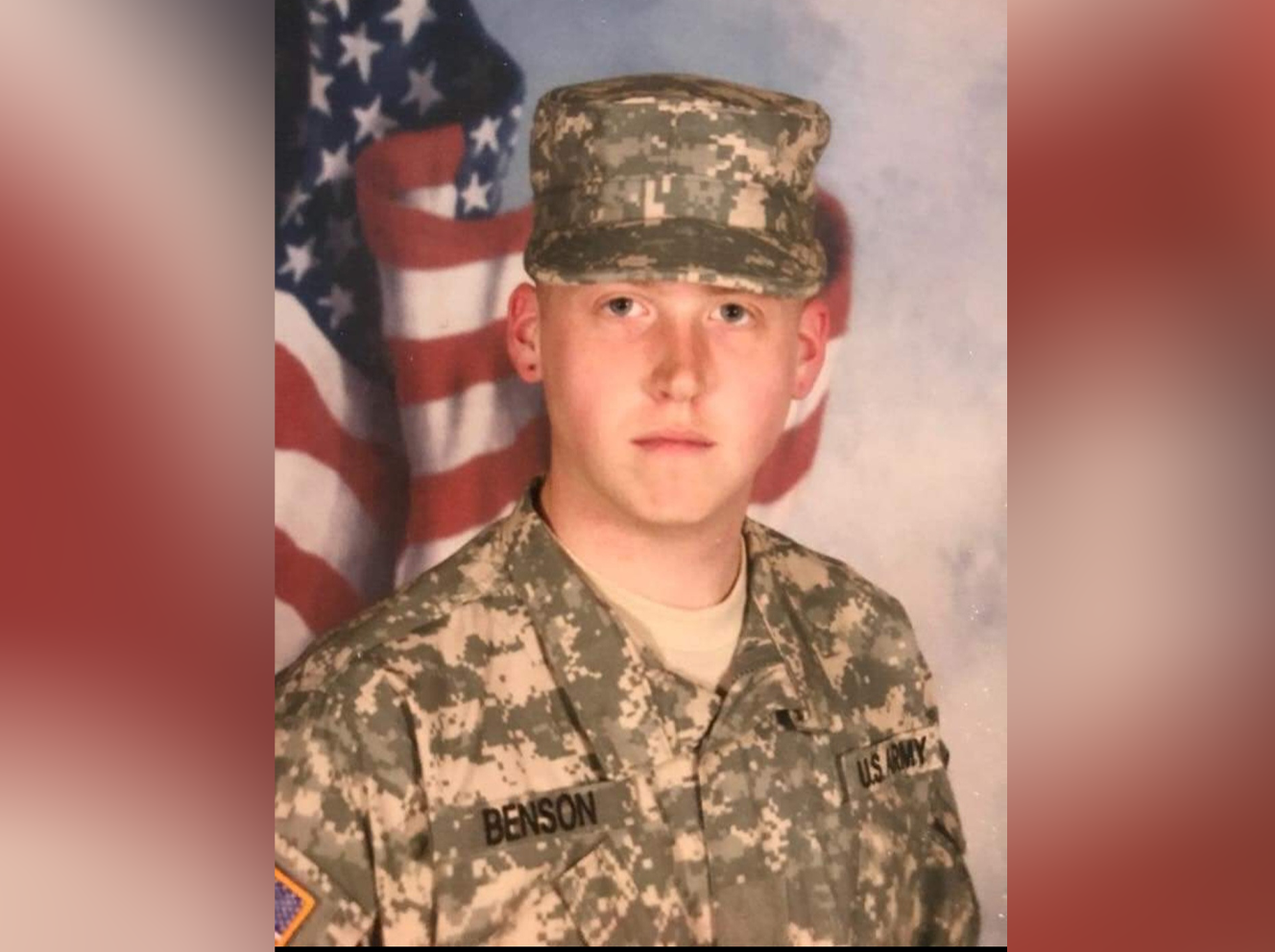Brian Benson was a proud native of Wareham, Mass. He was a floor installer, a karaoke enthusiast, a guitarist who played in bands with his best friends and a U.S. Army veteran who served in Afghanistan and wrestled with post-traumatic stress disorder (PTSD). He was a son, a brother, a boyfriend and an uncle.
He was much more than a cancer patient at Massachusetts General Hospital who Donald Lawrence, MD, treated for metastatic melanoma and who underwent 11 brain surgeries with Brian Nahed, MD, MSC.
For Brian’s family, beyond the six years of groundbreaking treatments he underwent before dying of the illness in January 2023, what stood out was the holistic approach he received at Mass General — that Dr. Lawrence and Dr. Nahed cared for him as a whole person. Struggles, triumphs, setbacks and all.
“The treatments that Mass General gave Brian prolonged his life, but they weren’t just pushing a patient out the door after treating him,” says Melissa Dougall, Brian’s girlfriend. The two started dating in 2020 and were together until his death. “His doctors at Mass General really cared, and I think that plays a role for cancer patients. I’m forever grateful for everything that Dr. Lawrence and the whole team did for Brian.”
“We’re not just treating a disease,” says Dr. Lawrence, who serves as the clinical director at Mass General’s Center for Melanoma. “We’re treating a person who has a certain kind of cancer. If we don’t pay attention to that, we’re not doing right by the patient.”
Progress in Melanoma Science
Brian was diagnosed with melanoma in 2016. His disease had one of the worst manifestations, with metastases in his brain.
Dr. Lawrence prescribed a combined targeted immunotherapy to slow the growth and spread of the cancer cells and an oral inhibitor medication for a BRAF mutation, a gene mutation that can cause melanoma. The BRAF gene provides instructions to a protein responsible for managing critical cell functions; if the gene has a mutation, it signals cells to divide uncontrollably, which can cause tumors.
To address the brain tumors, Dr. Nahed also performed numerous surgeries, so many that Brian and Dr. Lawrence jokingly compared the craniotomies to haircuts.
The combined treatments Brian received marks a major scientific breakthrough over the last decade at centers of excellence in melanoma, like Mass General. According to a study published in The Lancet, patients with advanced melanoma in 2013 had a median overall survival of about 11 months. In 2019, that medial survival rose to 32 months. Before these targeted therapy tools, Dr. Lawrence often told patients at their first visit that melanoma was incurable. Now, he considers melanoma to potentially be one of the most curable cancers.
“Now, I tell people that we’re going to try to cure you, and we have a reasonable shot at doing that,” he says. “Because of that, it’s even more tragic when these treatments aren’t successful.”
An Open Connection
During Brian’s treatments at Mass General, he was honest with Dr. Lawrence and the team about his depression and struggles with alcohol, which stemmed from his time in the armed services defusing bombs in Afghanistan. Melissa recalls how calmly and openly Dr. Lawrence approached Brian’s mental health, never scolding him for what was happening outside the exam room.
“He would ask at every appointment, ‘How can we help you? I want to hear from you what we can do overall to make you feel good,’” Melissa says. “Brian really needed that.”

That relationship led to Brian’s decision to enter an inpatient program to treat his alcohol use at Mass General’s Center for Addiction Medicine. Having the program directly connected with his cancer doctors was critical, Melissa says, due to the novel nature of Brian’s melanoma therapies. Brian finished the program in July 2022 and was able to stop drinking.
“His team was so caring,” Melissa says. “They actually listened. Not all doctors are like that.”
The Last Call
When Brian entered hospice care at an institution close to home, Dr. Lawrence gave Melissa his cell phone number and told her to call if she needed to talk. The night before Brian died, she figured it was time.
“I thought that if he heard Dr. Lawrence’s voice, he would think it was OK for him to go,” Melissa says. “It was emotional. But even at the end, Dr. Lawrence was there.”
“He was such a sweet person, and he never complained,” Dr. Lawrence says. “I tell patients that when it comes down to it, it’s not all about experimental therapies and drugs and scans and tests. It’s about the people who you love and who love you. People rely on their own strength and fall back on the people who are strong around them, which is why we try to provide that support network. That’s the best medicine we can offer.”
To learn more about our work in melanoma treatment and research at the Mass General Cancer Center, click here.

